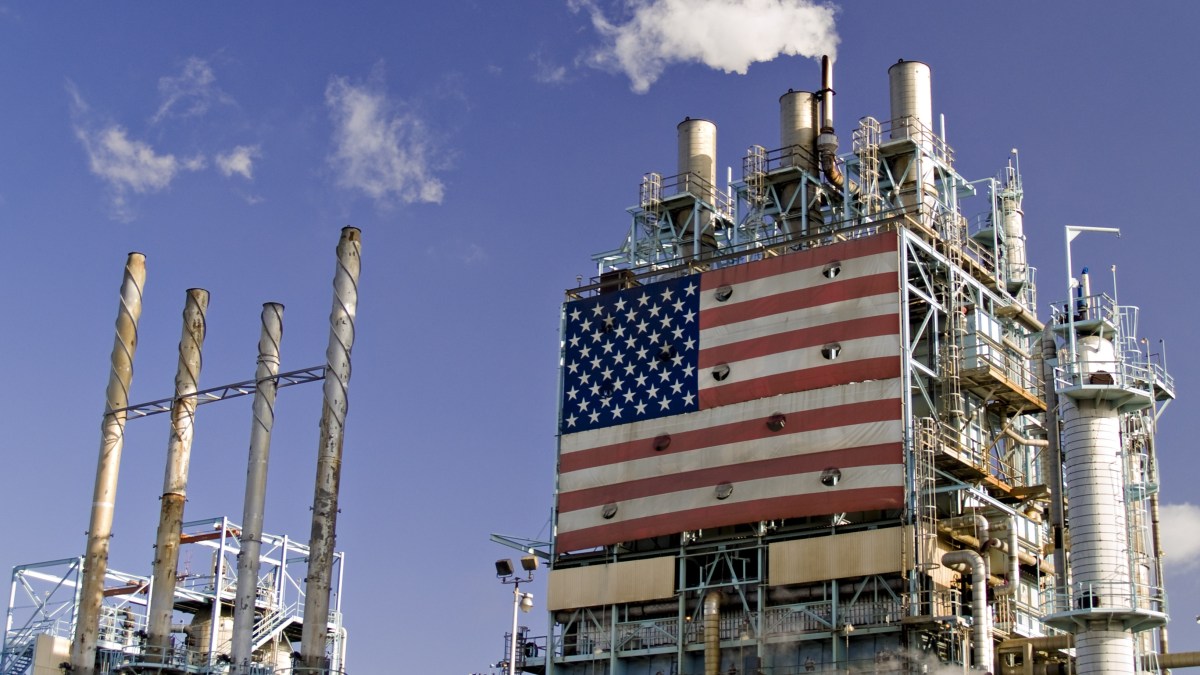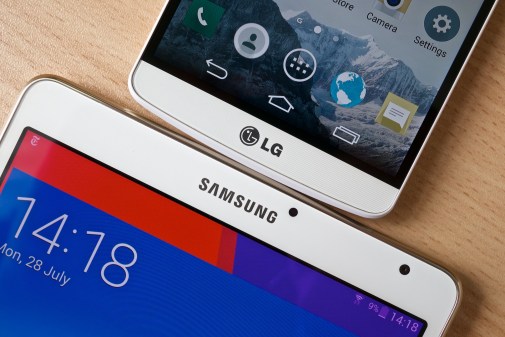Americans resigned to cyberattacks on infrastructure, elections, survey finds

A survey of 26 countries has found that Americans are among the most likely to expect a cyberattack to occur on assets like public infrastructure and national security data.
Roughly eight in 10 Americans said it is either “very” or “somewhat likely” that national-security data will be breached (82 percent), public infrastructure will be damaged (83 percent), or elections will be tampered with (78 percent) via hacking, according to data published Wednesday by the Pew Research Center.
Those were among the highest percentages of any respondents, indicating a growing acceptance among Americans that sensitive data breaches are a part of life. The answers also came through a partisan filter: 82 percent of U.S. Democrats said cyberattacks on elections infrastructure were likely, compared with 66 percent of Republicans.
Of the three categories of cyber incidents distinguished in the survey, the breach of sensitive government information was, on the whole, of greatest concern to respondents. In all 26 countries surveyed, half or more of respondents said that such a breach is likely to occur. Nearly half of Americans polled said that it is very likely to happen or already has taken place.
Recent headlines could reinforce those concerns. German authorities announced this week that a hacker had confessed to leaking data on hundreds of German politicians and celebrities. Last month, a private-sector report alleged that Chinese hackers had stolen thousands of cables sent by European diplomats on sensitive subjects.
The Pew survey, which polled 27,612 people from 26 countries last year, also asked how well countries were prepared for a big cyberattack. Responses varied from the sanguine (73 percent of Israelis said their country was ready for such an attack), to the partially confident (53 percent of Americans), to the strongly pessimistic (9 percent of Argentines).
In 10 of the countries surveyed, including the U.S., supporters of the ruling party were more likely to think the country was prepared for a major cyberattack.
“In the U.S., Republicans and Republican-leaning independents are far more likely (61 percent) than Democrats and Democratic-leaning independents (47 percent) to say the country is prepared for an attack on computer systems,” Pew said.
The data also showed that cybersecurity concerns varied across generations. In many Western countries, for example, people 50 and older were more likely to be concerned about cyberattacks on public infrastructure, such as utilities. In one of the most extreme cases, 82 percent of Swedes aged 50 or older said such an attack is likely, compared with just 53 percent of Swedes 18 to 29 years old, according to Pew.


